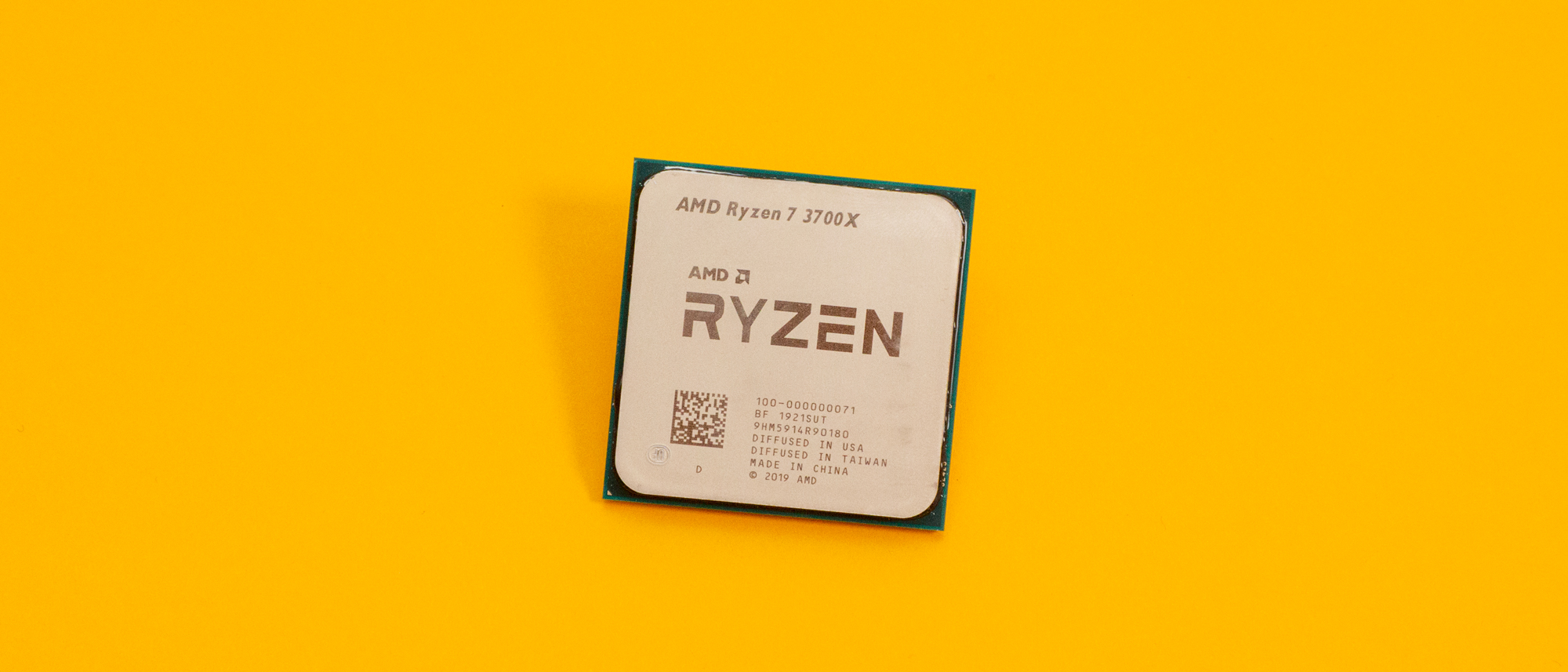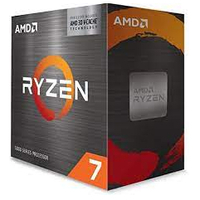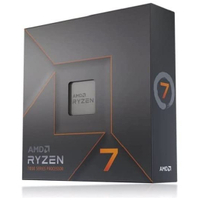TechRadar Verdict
The AMD Ryzen 7 3700X is a brilliant piece of hardware. With a TDP of just 65W, this chip is capable of delivering raw performance that would take other processors much more power to equal. The reasonable price tag is just a bonus.
Pros
- +
Incredible price to performance
- +
Affordable
- +
Included cooler
Cons
- -
Single-threaded performance still falls behind Intel
Why you can trust TechRadar
The AMD Ryzen 7 3700X is the perfect representation of what AMD has tried to do for its mainstream consumers. It not only gets a boost in power over the chip it’s replaced but it offers lower power consumption as well.
And, while it might not quite match the performance of other AMD Ryzen 3rd Generation processors such as the Ryzen 9 3900X, it offers a lot of performance for not a lot of money. Building on the Ryzen 7 2700X’s 8-core, 16-thread setup, it is the ideal CPU for a lot of users, despite being a couple of generations old at this point.
Essentially, the AMD Ryzen 7 3700X has a lot going for it, from its performance and low power consumption to its very reasonable MSRP. When it was released, it was the best processor for most people and that remains the case if you can get it for cheap.
But with the release of the Ryzen 5000-series processors, this chip became less relevant for many, and now with the release of the Ryzen 7000-series chips, the AMD Ryzen 7 3700X is going to be very hard to find, and if you find it, it might even be more expensive than the AMD Ryzen 7 5800X.
In that case, the value of buying this processor for a budget PC build is going to be much less than it was even six months ago, so this chip should really only be on your radar if its part of a prebuild that you can get on clearance or at well below its MSRP.
If that is the case though, you'll find the AMD Ryzen 7 3700X a very competent processor that will handle most of the workloads that you can throw at it at a reasonable level of performance. If not though, we highly recommend going with the Ryzen 7 5800X, which will fit your AM4 slot just fine and give you much better performance and might even be able to do so at a lower price.
AMD Ryzen 7 3700X: Price & availability
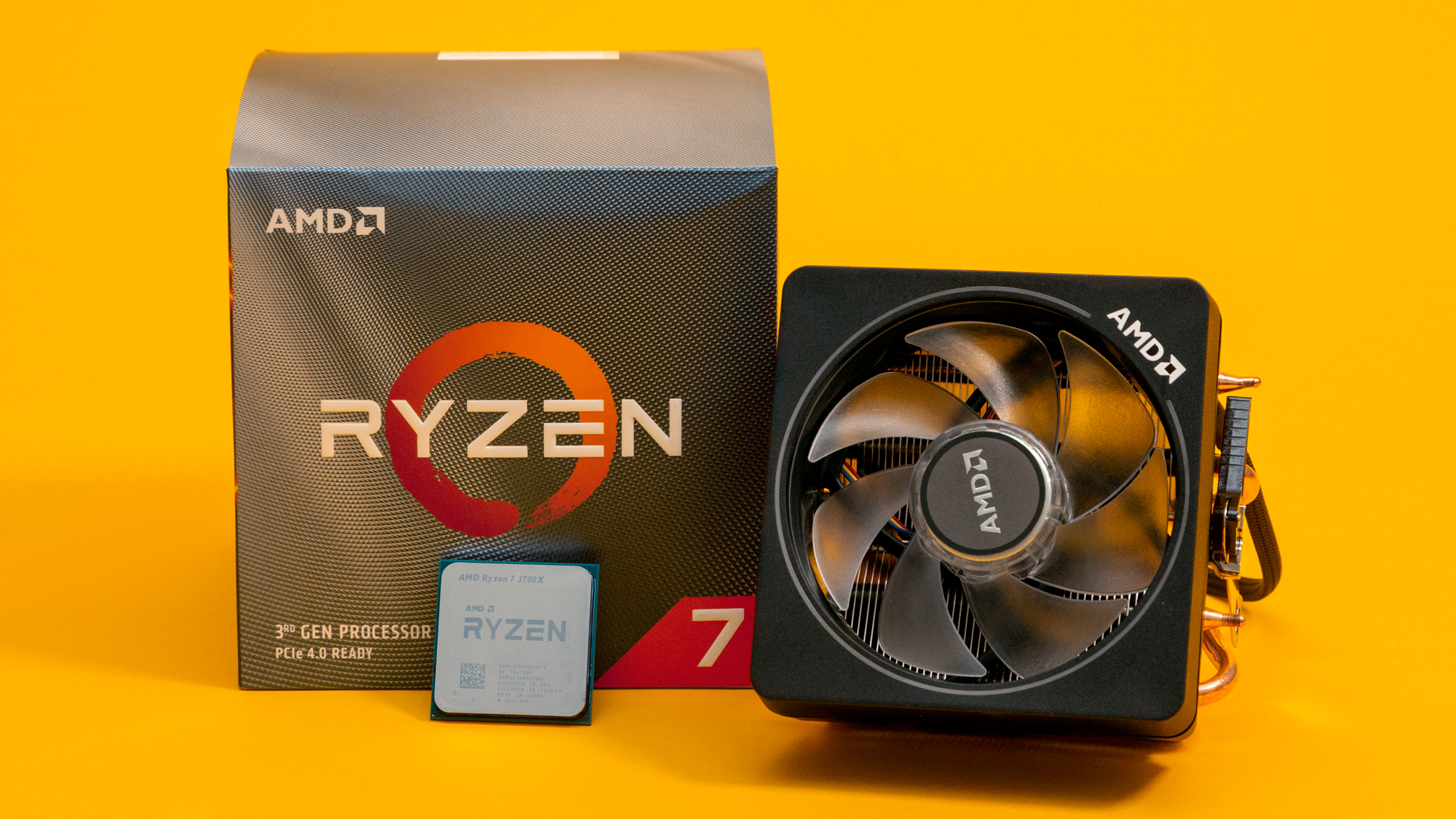
The AMD Ryzen 7 3700X went on sale on July 7, 2019 for $329 (£319, AU$519), which puts it in the same general price range as the last-generation Ryzen 7 2700X.
It gets more interesting, however, when you compare the Ryzen 7 3700X to its main competitor. The Intel Core i7-9700K is available for $374 (£384, AU$595), an 8-core processor with no hyperthreading, which means that the Ryzen 7 3700X offers twice the processing threads at a lower price tag. Intel's i7-9700K still wins out when it comes to single-core performance, but when it comes to multi-core workloads, the AMD Ryzen 7 3700X is a beast, even two generations later.
AMD Ryzen 7 3700X: Specs & chipset
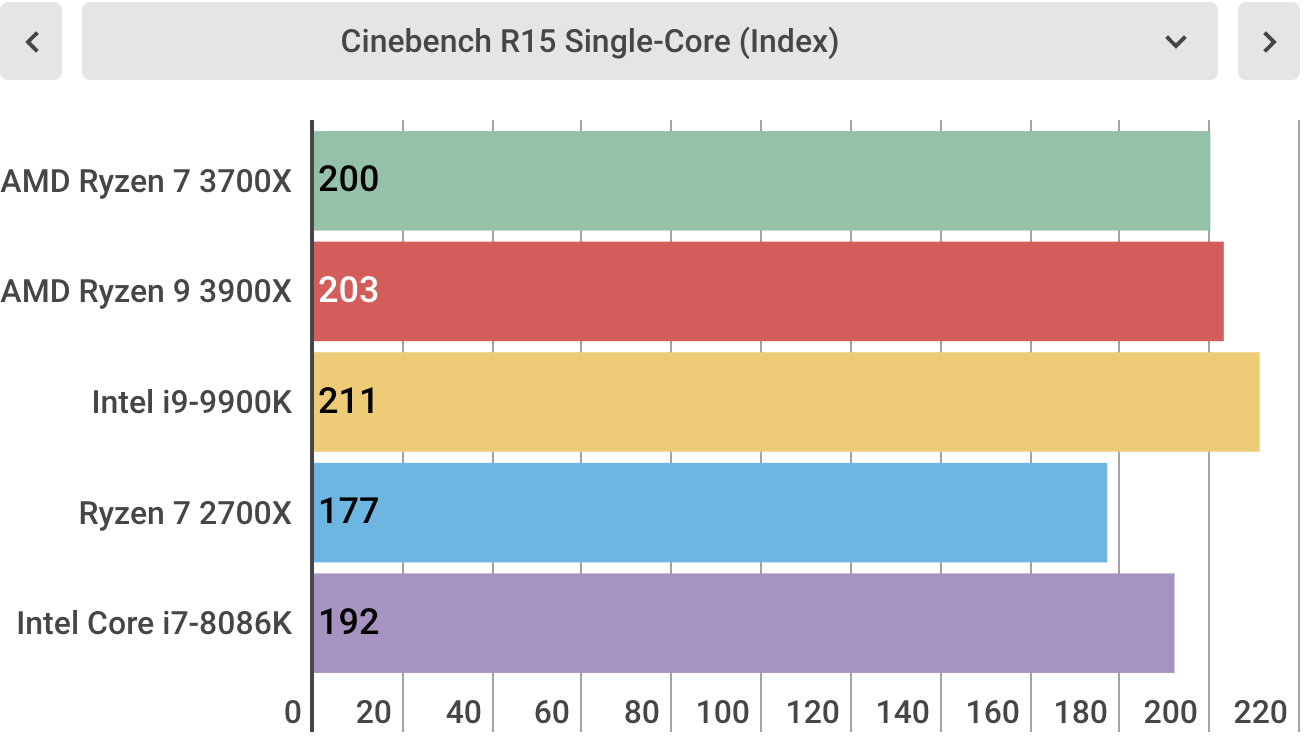
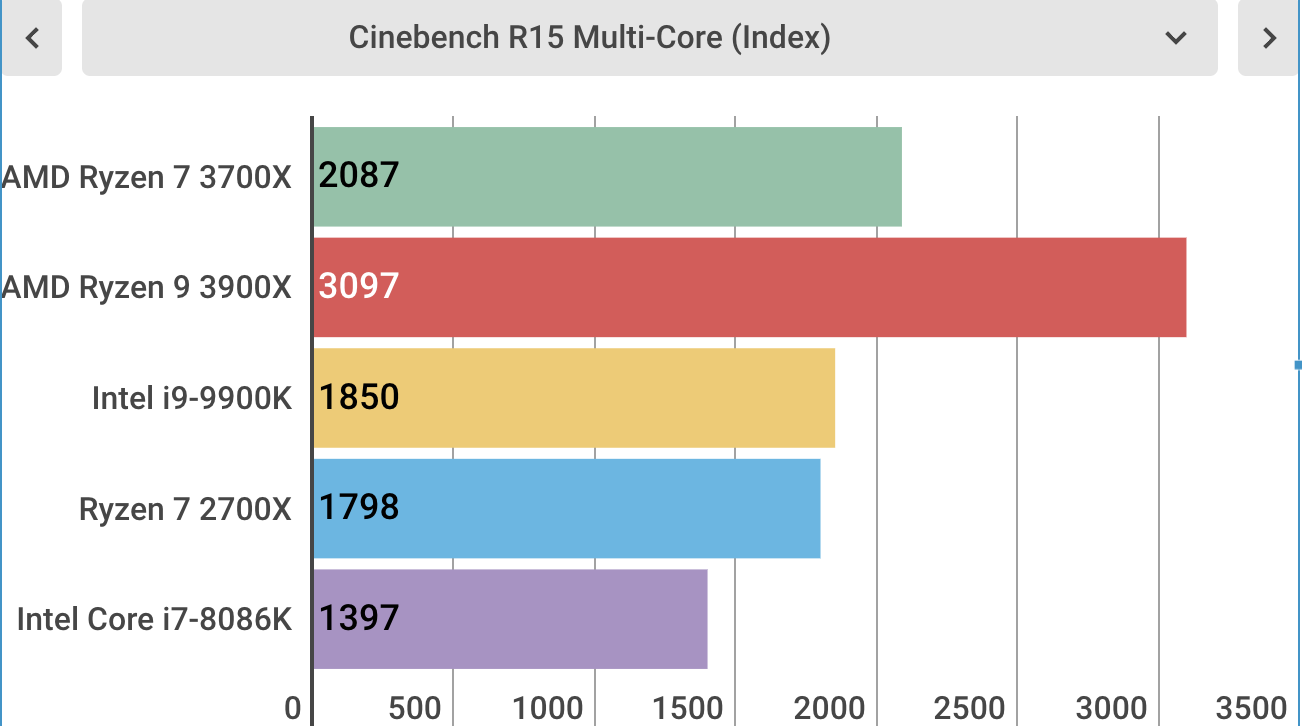
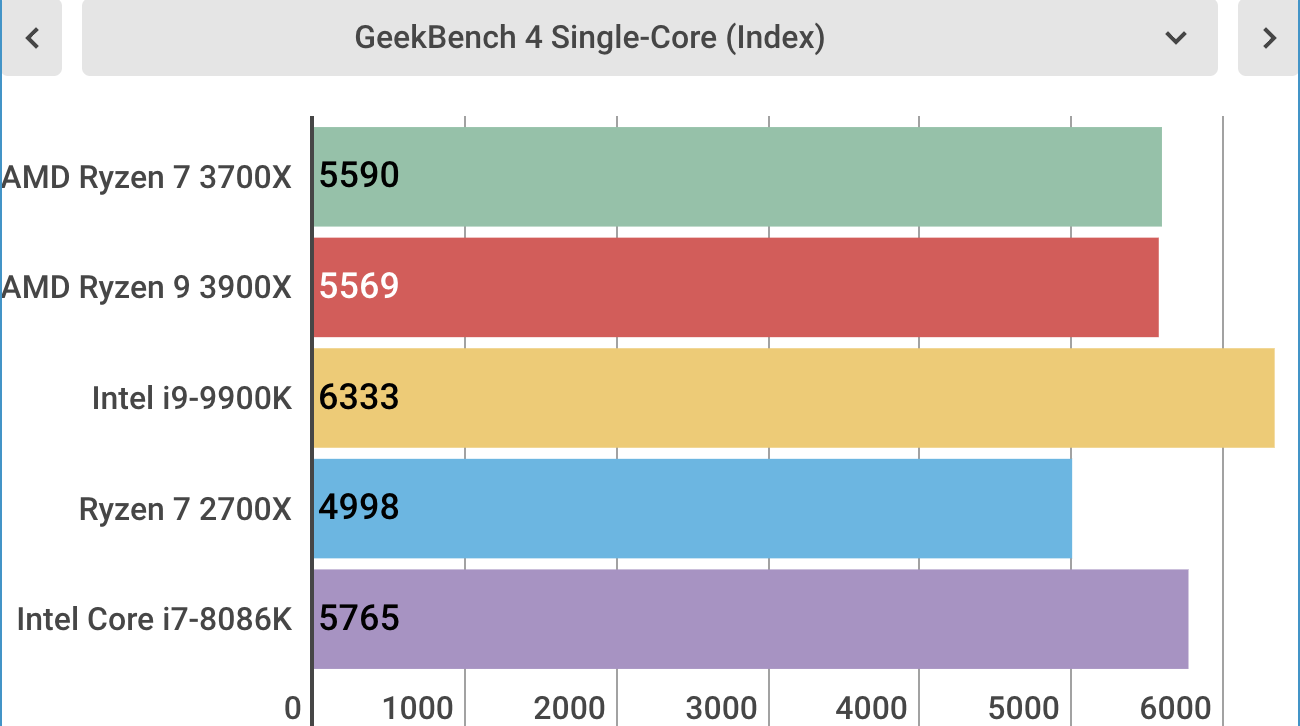
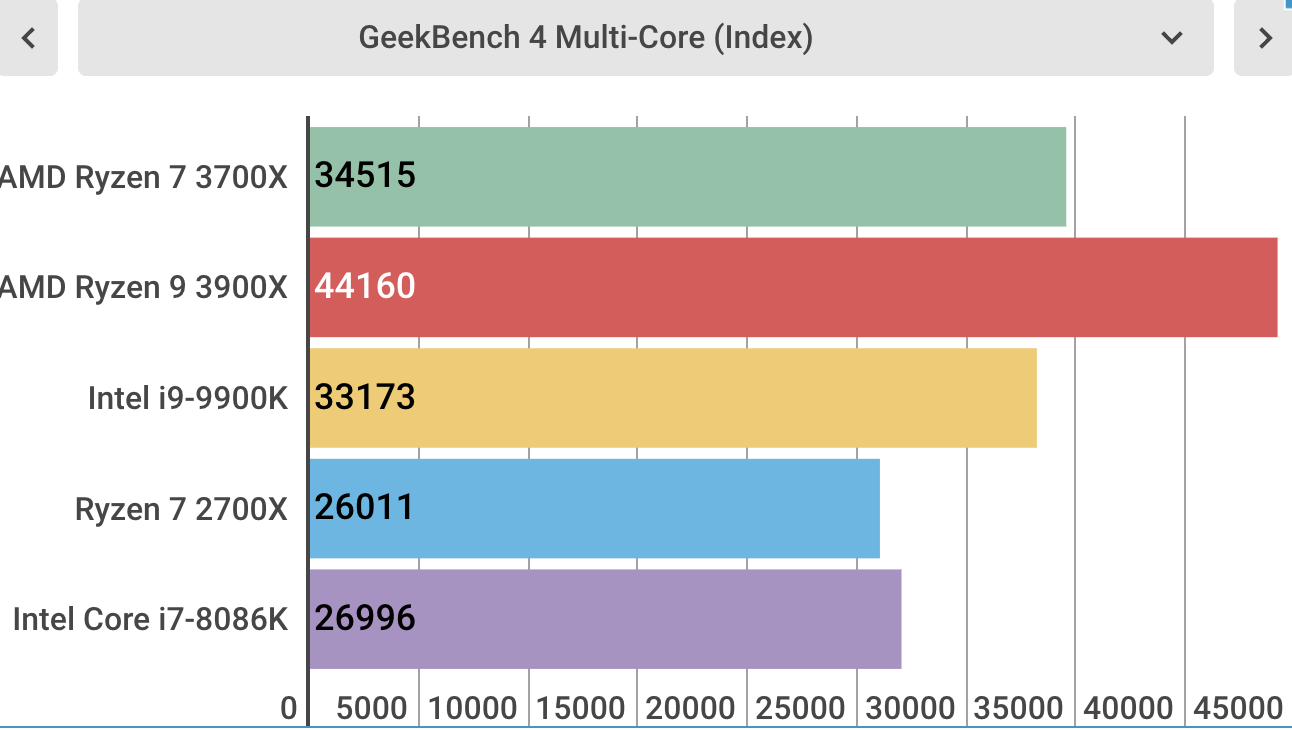
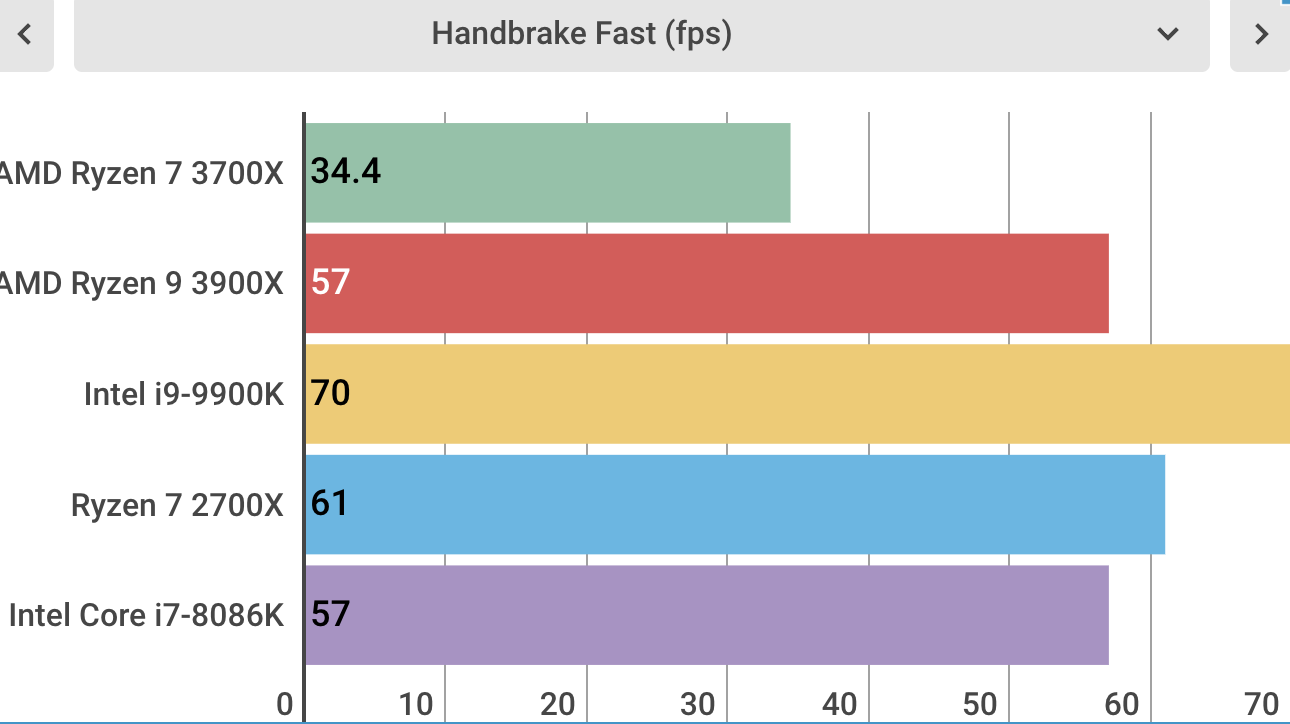
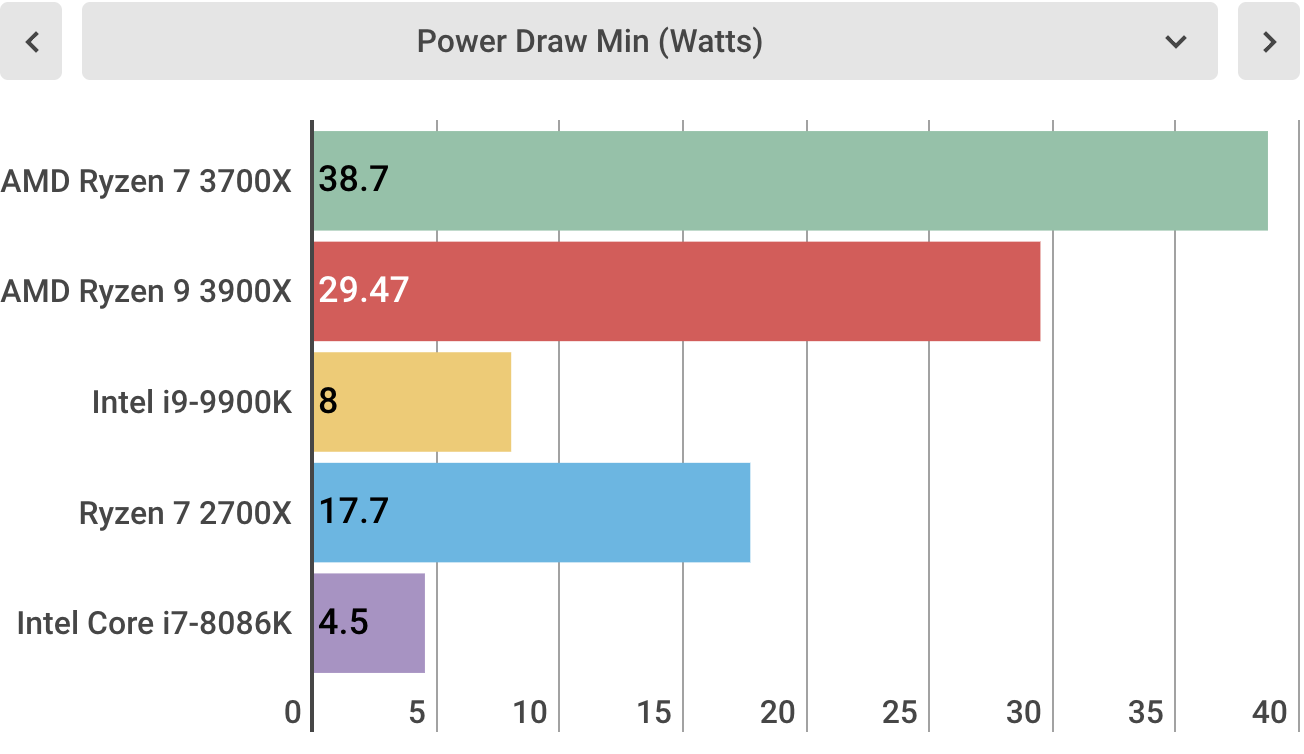
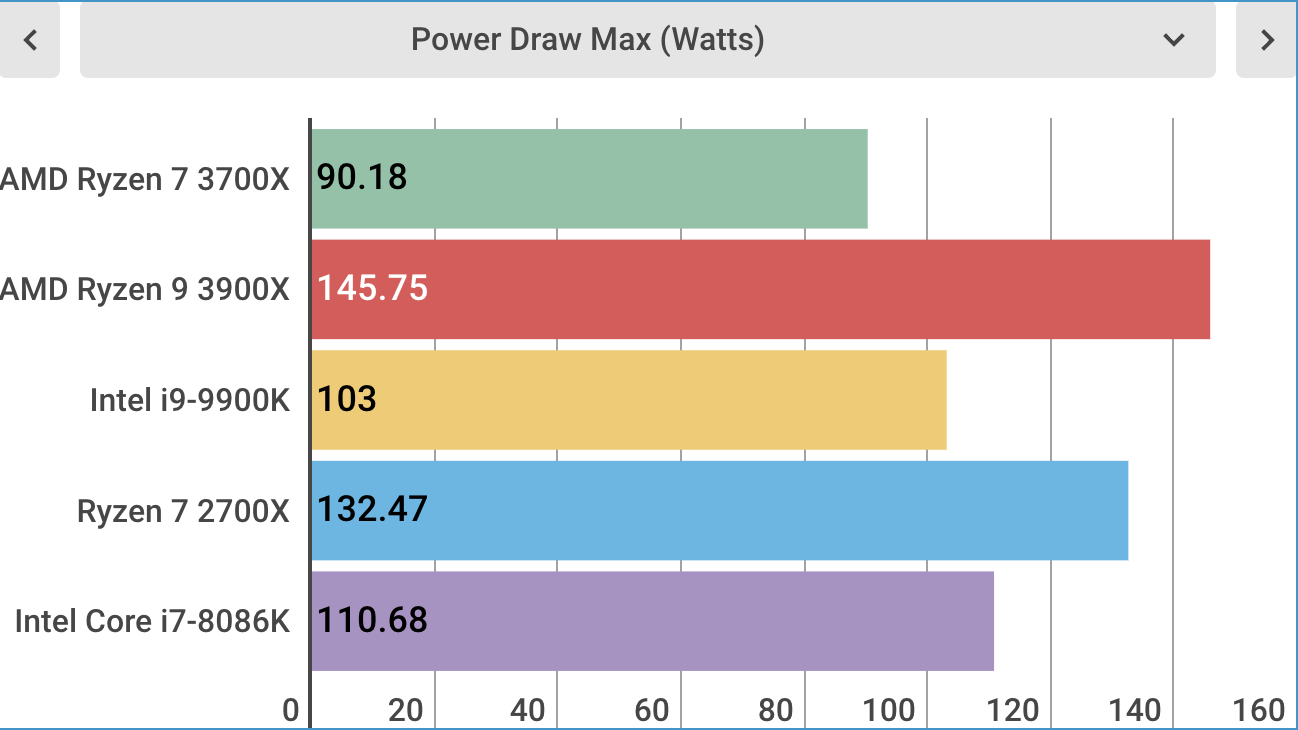
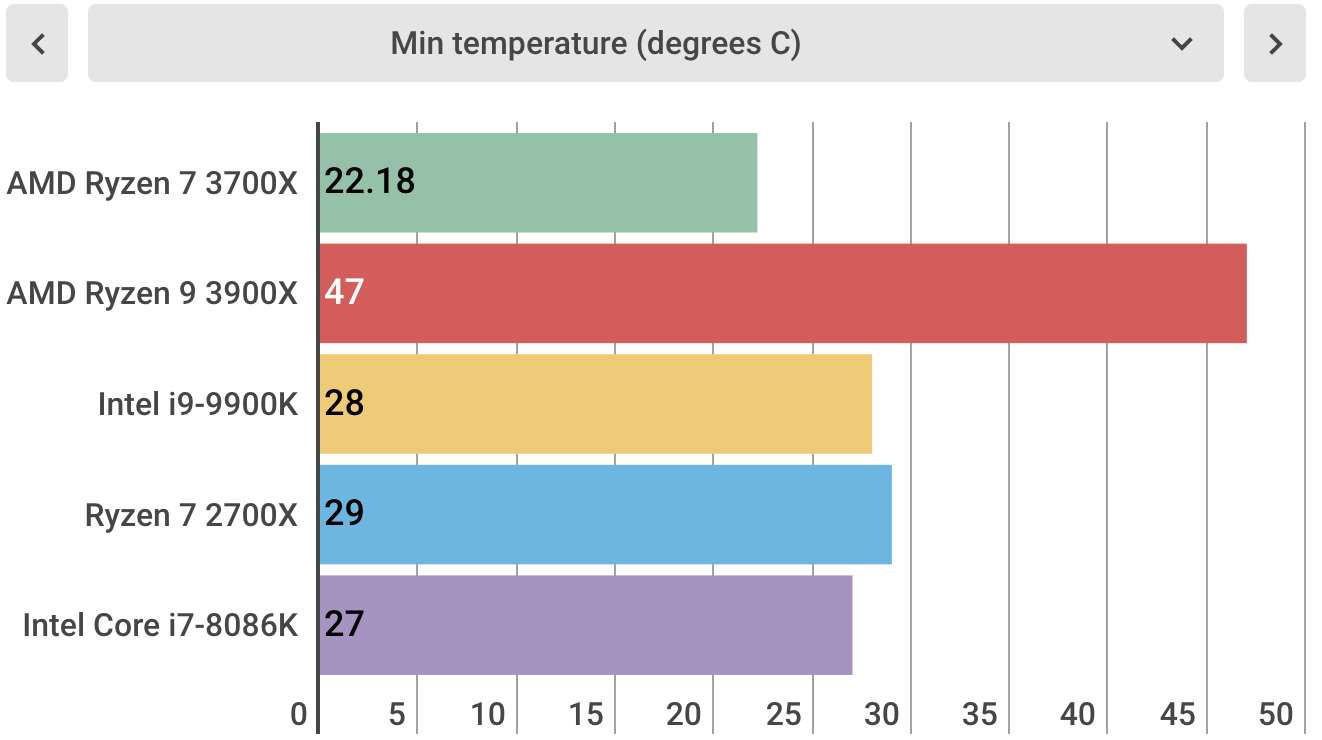
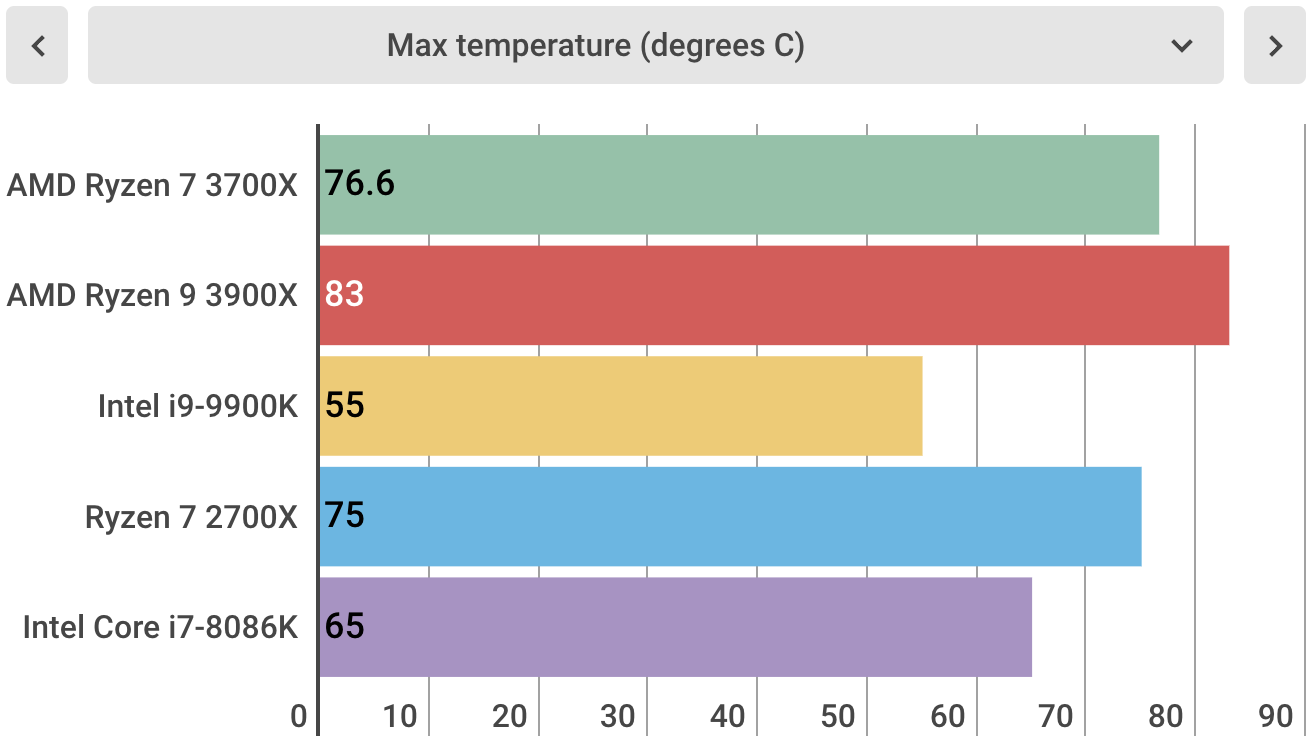
The AMD Ryzen 7 3700X, like the rest of AMD's Zen 2 processors, is built on a 7nm manufacturing node. What this means for most people is lower power consumption and much improved performance at the same time.
This move to 7nm has brought a beefy 15% boost to IPC (instructions per clock) performance over its predecessor. Effectively, compared to a second-gen Ryzen processor at the same clock speed, you will get a straight 15% increase in performance. That’s not big enough to be evident in day-to-day workloads, but it does still mean something.
The improvements don't just end at IPC. With the third generation Ryzen chips, as the CPU cores are on their own chiplets, AMD was able to pack way more L2 and L3 cache into the Ryzen 7 3700X – with 4MB and 32MB, respectively. This isn't nearly as much as you get with the AMD Ryzen 7 5800X3D, but it's still a lot.
Essentially, this processor has a grand total of 36MB of Cache, which AMD lumps together as 'GameCache'. This GameCache isn't anything entirely new, but it does show that this will help boost gaming performance in some cases – especially in older 1080p esports games.
The major addition to the 3rd Generation of Ryzen, however, is PCIe 4.0. When paired with an AMD Navi graphics card like the AMD Radeon RX 5700 XT or newer, you'll experience much better performance, thanks to increased bandwidth.
However, the way we look at it, SSDs are the real stars of the PCIe 4.0 show. Through this superior connection, NVMe SSDs are potentially up to 51% faster than their non-PCIe 4.0 peers. In our own testing, the Aorus PCIe 4.0 SSD that AMD provided was able to get up to 4,996 MB/s sequential read speeds. That’s remarkably fast for an SSD.
AMD Ryzen 7 3700X: Performance
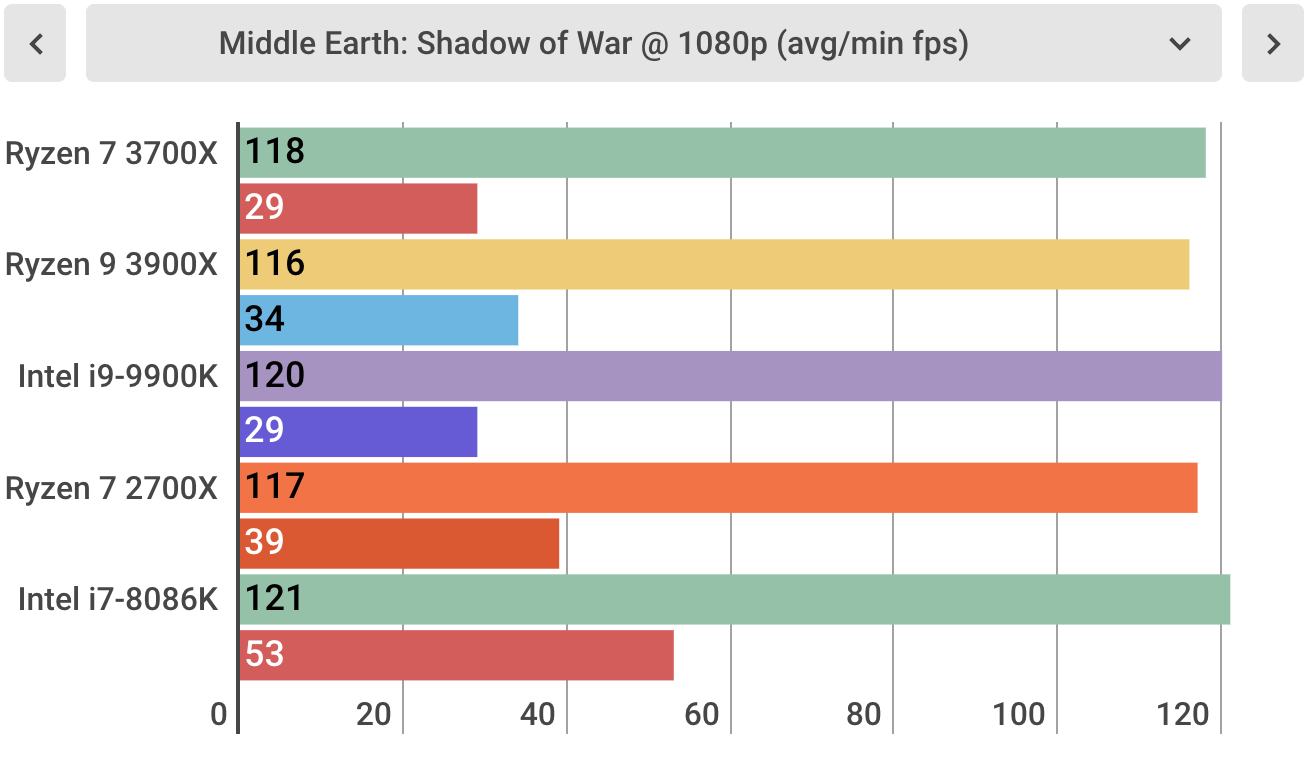
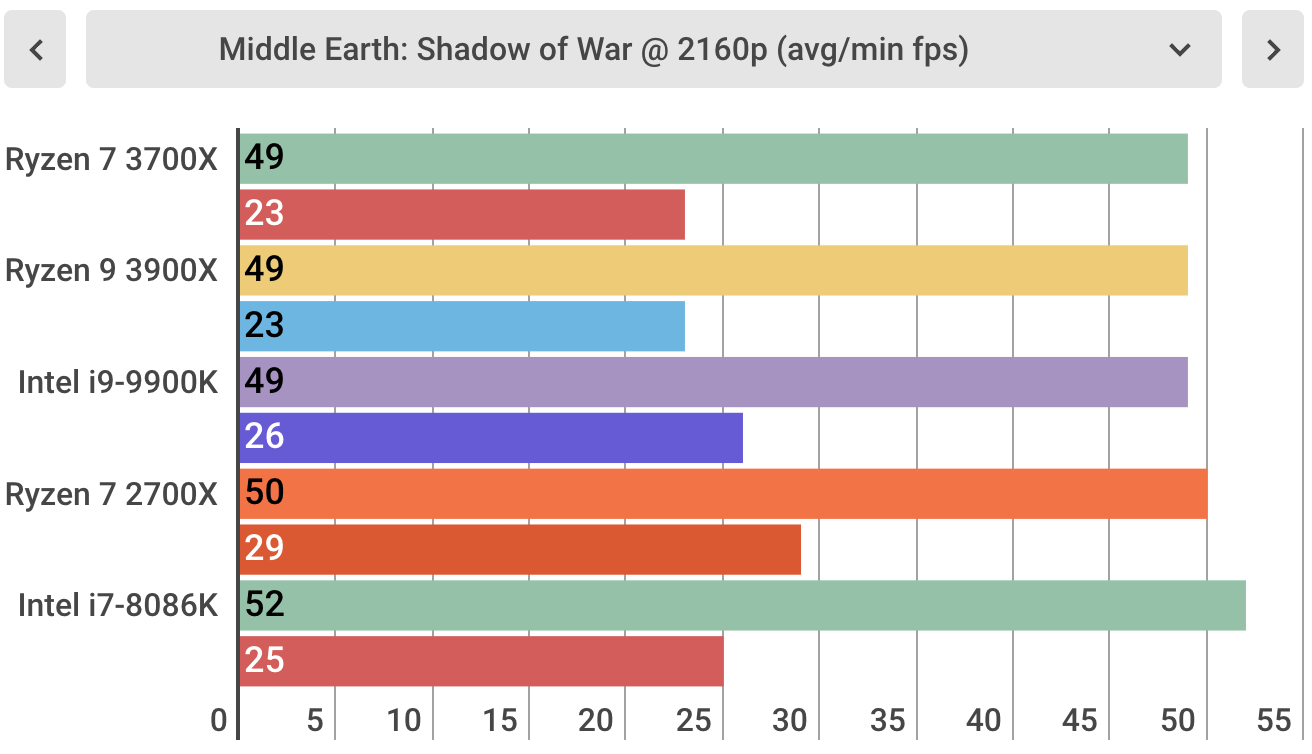
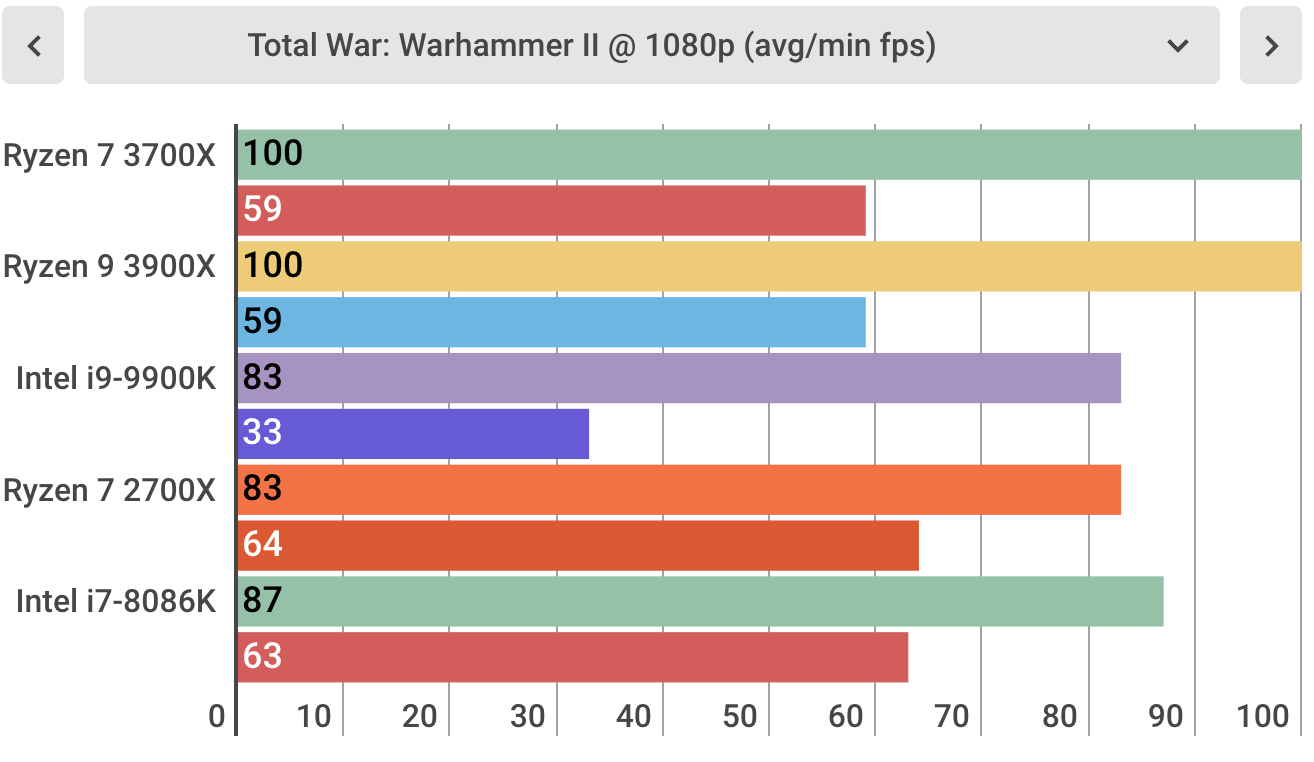
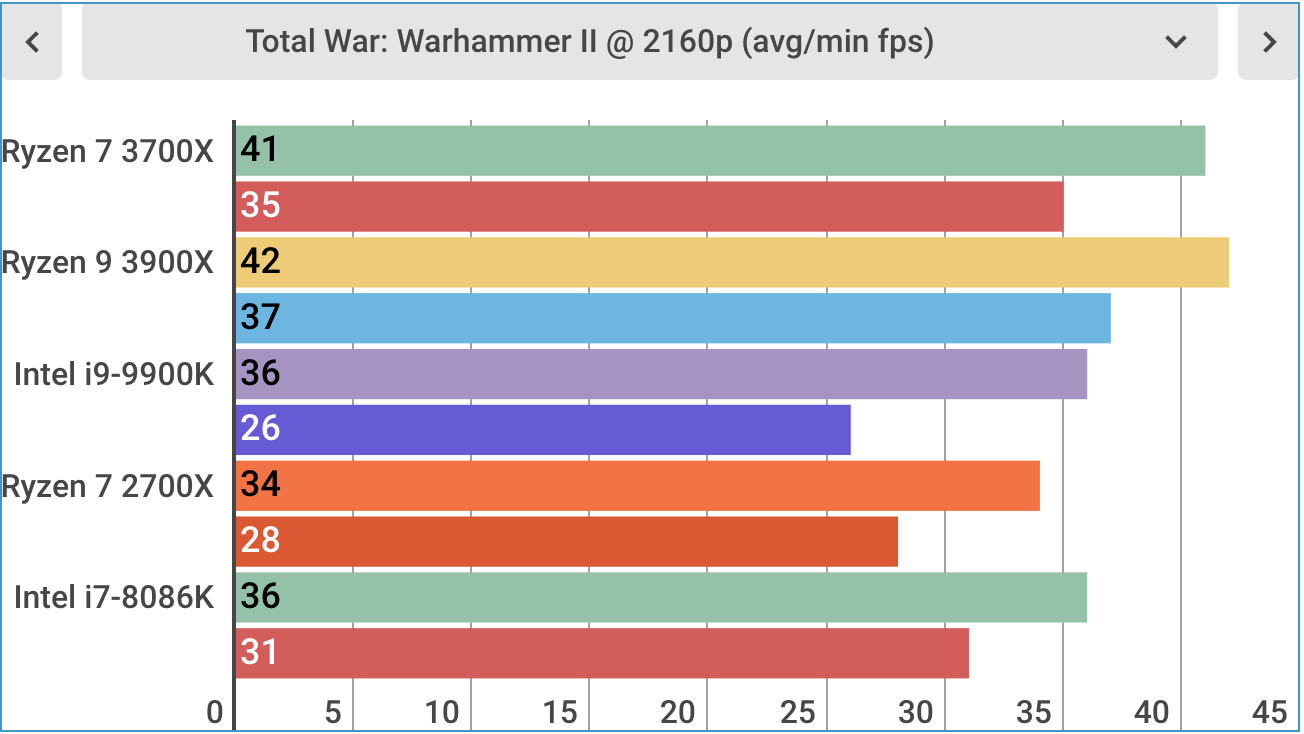
CPU: 3.8Ghz AMD Ryzen 7 3700X (8-core, 36MB cache, up to 4.4GHz)
GPU: Nvidia GeForce GTX 1080 Ti
RAM: 16GB G.Skill Royale DDR4 (3,400MHz)
Motherboard: ASRock Taichi X570
Power Supply: Corsair RM850x
Storage: 2TB Gigabyte Aorus M.2 SSD (NVMe PCIe 4.0 x4) Case: Corsair Crystal Series 570X RGB
Operating system: Windows 10
The AMD Ryzen 7 3700X has a 65W TDP, and with that fairly low amount of power, it's able to deliver quite a lot. This processor can keep up with even the Intel Core i9-9900K, a processor that considerably costs more and consumes more power, with its TDP of 95W.
The proof is in our benchmarks. In Cinebench R15, the AMD Ryzen 7 3700X got 2,087 points, next to the 1,873 scored by the Intel Core i9-9900K.
In addition, the Ryzen 7 3700X scored 34,515 in Geekbench compared to the 9900K's 33,173 in the multi-core test. However, in the single-core test the Ryzen 7 3700X did fall behind, only scoring 5,590 points to the 9900K's 6,333.
What this all means is that the AMD Ryzen 7 3700X is an excellent multi-threaded performer. If you're counting on using it to run the best video editing software or compiling one hell of an Excel spreadsheet, you're going to see firsthand a performance boost with the Ryzen 7 3700X.
In gaming, however, Intel pulls ahead, though only by a smaller margin than before. In Middle Earth: Shadow of War at 4K, the AMD Ryzen 7 3700X managed 118 fps when paired with the Nvidia GeForce GTX 1080 Ti, compared to the 120fps that the Intel Core i9-9900K was able to produce. That's not a substantial difference by any means, but it is still a win in Intel's corner.
We do have to commend AMD, however, for including the Wraith Spire cooler with the Ryzen 7 3700X. While it isn’t exactly the best CPU cooler in the world, it was able to keep the processor under 80 degrees Celsius, even during the most intensive tests.
Should you buy the AMD Ryzen 7 3700X
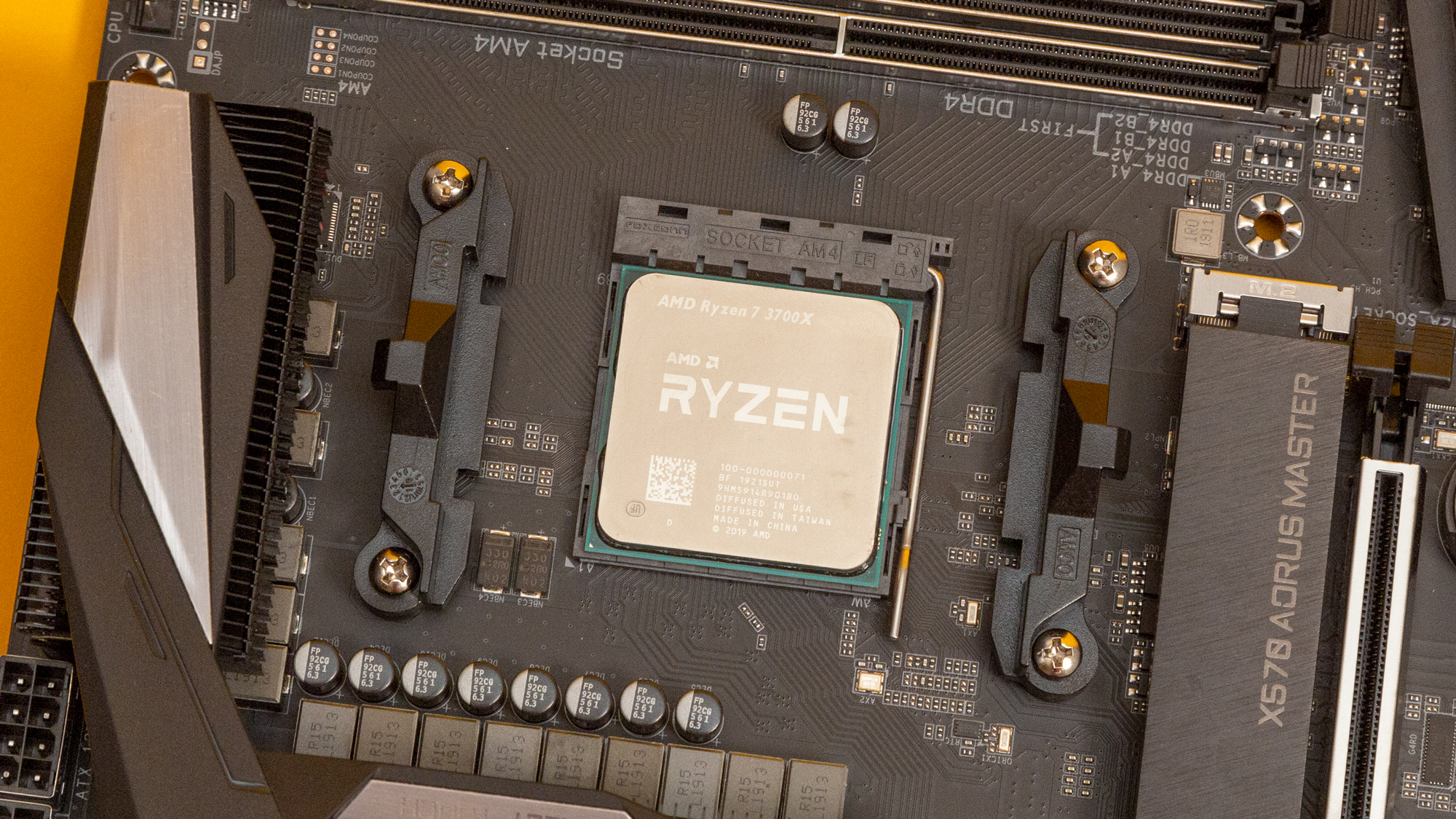
The AMD Ryzen 7 3700X is another impressive release from AMD and its 3rd Generation of Ryzen chips. With it, you’re getting 8-cores and 16-threads, with a boost clock of 4.4GHz. It may not be the strongest contender ever made on paper, but when you see and feel the actual performance gains it offers, you’re certainly getting a lot of bang for its MSRP.
And therein lies the rub. As an older chip, its pricing is going to be hit or miss, with some sellers pricing it at a hefty discount, while others might try to take advantage of its scarcity to bump the price up above MSRP, which we've already seen in some places.
Moreover, if you already have something like the Ryzen 7 2700X, this generation doesn't offer the biggest boost in performance, so it makes much more sense to opt for the Ryzen 7 5800X if you have that option.
Also consider
AMD Ryzen 7 5800X3D
If you're looking for the best gaming processor that doesn't require you to upgrade your motherboard and RAM to use, the Ryzen 7 5800X3D is still the best gaming CPU for the AM4 socket.
Read more: AMD Ryzen 7 5800X3D review
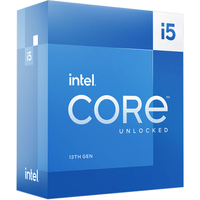
Intel Core i5-13600K
If you prefer Team Blue, this is the best mainstream chip in Intel's arsenal, and while it might be more expensive to buy a whole new motherboard if you're upgrading from the Ryzen 7 2700X of similar AM4 chip, this is definitely one of the cheaper options for a major upgrade you can get, and it's well worth the added expense.
Read more: Intel Core i5-13600K review
AMD Ryzen 7 7700X
If you're able to afford to upgrade to the new AM5 platform (new motherboard, new RAM, etc), then the Ryzen 7 7700X CPU is going to offer a far better performance increase than making the jump to a Ryzen 7 3700X, and given some of the price markups on the 3700X we've seen, this would definitely be the upgrade we'd recommend if you can't find the 3700X at MSRP or lower.
Read more: AMD Ryzen 7 7700X review
- First reviewed July 2019
How we test processors
When it comes to processors, we look at four key metrics: synthetic single and multi-core performance, "general" performance, creative performance, and gaming performance.
- Synthetic single and multi-core benchmarks test the performance of specific instruction sets and processor operations like floating-point calculations using benchmark tools like GeekBench, Cinebench, and CPU-Z.
- General performance is how the processor performs during typical use conditions using PCMark 10.
- Creative performance is a measure of how well the processor performs in several popular creative workloads like Handbrake, Blender, and Adobe Photoshop. Where possible, we explicitly disable GPU accelerated operations or test rendering using the CPU by itself.
- Gaming performance measures how well the processor calculates gaming operations like in-game physics by running several games' integrated benchmark tools like CyberPunk 2077, Metro: Exodus, and F1 2022. In all cases, we run the benchmarks on the lowest graphics settings available at 1080p and using the most powerful graphics card we have available and with at least 16GB RAM to isolate the actual CPU operations we are testing without having to worry about inteference with excessive memory or graphics management.
Once this is done, we average the scores across each category for a final report card broken down by use case, and then we finally divide these scores by the processor's MSRP to measure its performance-for-price to determine how good of a overall value the processor is for the average consumer.
Jackie Thomas is the Hardware and Buying Guides Editor at IGN. Previously, she was TechRadar's US computing editor. She is fat, queer and extremely online. Computers are the devil, but she just happens to be a satanist. If you need to know anything about computing components, PC gaming or the best laptop on the market, don't be afraid to drop her a line on Twitter or through email.
